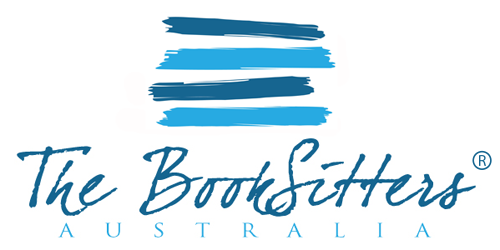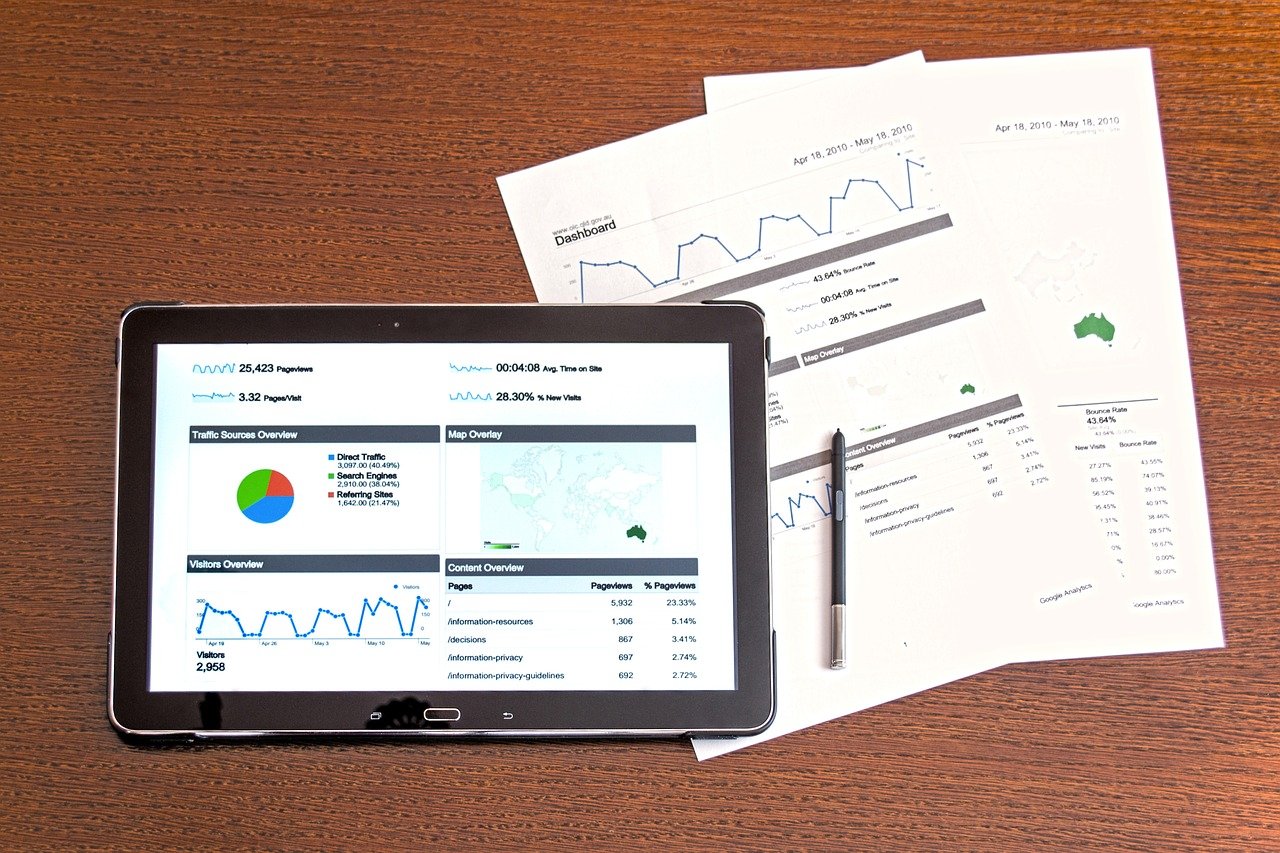The three most important financial reports
The three most important financial reports
While many small business owners prefer brainstorming new ideas to pouring over financial reports, getting a handle on financial analysis can be remarkably empowering.
Taking the time to regularly review financial statements can help you assess and improve current performance, avoid risk and make scalable plans for future growth.
Protect your company’s financial health by learning your way around these three financial reports.
Cash flow statement
The cash flow statement is arguably the most important report for small busineses. Over 68% of small business owners fear losing their business due to a lack of available cash.
How can this financial report help you avoid such a dangerous pitfall? By revealing precisely where you’ve allocated cash – and if you’re at risk of running out of it.
Monthly examination of your cash flow statement can help you predict and forestall a “cash crunch” by tracking:
- The in and out flow of money for operational activities; investments (such as the purchase of office equipment or the sale of portfolio holdings); and financing (such as loan repayments);
- Whether your net operating cash flow is less than your profits after tax (which means you’re spending more than you earn);
- Overarching trends that show cash runs low in some months and higher in others, so you take steps to build a reserve and ensure continuous “cash on hand”.
Profit and loss statement
Your profit and loss statement (also known as an income statement) summarizes the revenue, costs and expenses your business has incurred over a month, fiscal quarter or year.
In order to give you an accurate overview of your financial performance, the profit and loss statement typically breaks down into three sections:
- Your revenue (known as the “top line”).
- The total costs of doing business, such as operating expenses, research and product development, and expenses associated with taxes and interest.
- Your net income (the often quoted “bottom line”), which is what remains when the costs of doing business are subtracted from your top line revenue.
The profit and loss statement can be used to calculate a number of important key metrics, such as your gross profit margin, operating profit margin and operating ratio.
Balance sheet
The third invaluable financial report for small businesses is the balance sheet. The balance sheet summarizes what your company owns (assets), what you owe (liabilities) and the current value of your business to investors (shareholder equity).
What exactly is being “balanced” on the balance sheet? In simple terms, the assets you own must balance out against the money you’ve borrowed.
Your assets may include cash in the bank, short-term investments, accounts receivable, inventory, equipment and property.
Your liabilities may include a bank line of credit, accounts payable, wages payable, rent, tax, and utilities.
Together with the cash flow and profit and loss statements, the balance sheet provides crucial insight into your company’s operations and overall performance.
Final Tip
Have your accountant or bookkeeper walk you through each report, so you’ll feel comfortable reviewing them independently on a regular basis. It’s well worth the effort! When you understand your company’s key financial data, you pave the way to smarter decision-making and more sustainable growth for your small business.
Bookkeeping Services
Our aim is to “paint the picture behind your numbers” in order to show you how your business is performing and plan for the future. As a team we are passionate about the success of small business in Australia and can help to answer any questions you may have.
Whether you’re just after some financial advice, bookkeeping tips, basic bookkeeping services or assistance selecting an accounting package such as MYOB, Xero, Quickbooks Online or Receipt Bank, we are happy to help!
See below for our bookkeeper locations.
Our Bookkeepers
Justine Day: Southern Highlands / Bowral Bookkeeper
Petra Austing: Southern Highlands / Bowral Bookkeeper
Amanda Graham: Gold Coast Bookkeeper
Karin Evans: Gold Coast Bookkeeper
Pru Hall: Wollongong Bookkeeper
Jackie Short: Canberra Bookkeeper

